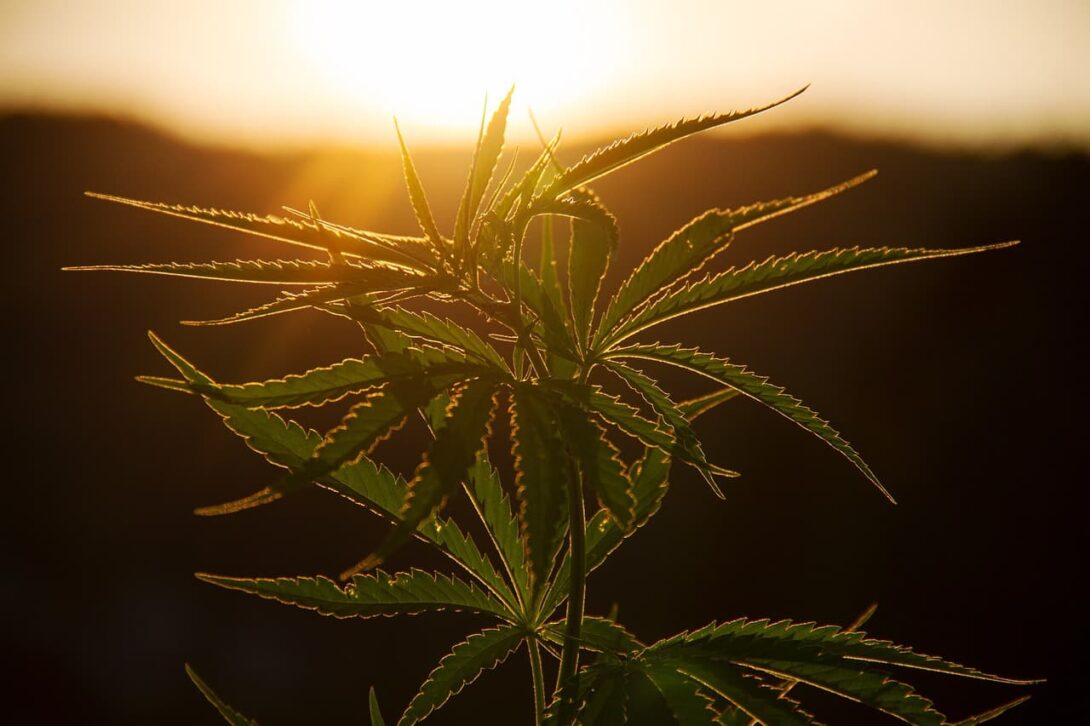Introduction
Cannabis, once stigmatized, is now gaining recognition for its potential role in managing mental health challenges. In Vancouver, where cannabis has been legalized for both medical and recreational use, interest in its therapeutic benefits is growing. This article explores the intersection of cannabis and mental health, delving into the scientific research behind its effects, the legal landscape in Vancouver, its use as a treatment option, and common questions surrounding its efficacy. By examining the latest evidence and regulations, we aim to provide readers with a comprehensive understanding of cannabis’s potential impact on mental well-being.
Cannabis and Mental Health
Scientific studies have increasingly explored the complex relationship between cannabis and mental health. Researchers have delved into how cannabinoids, the active compounds in cannabis, interact with the body’s endocannabinoid system, which plays a crucial role in regulating mood, stress response, and sleep patterns. Specific cannabinoids, such as CBD (cannabidiol) and THC (tetrahydrocannabinol), have garnered attention for their potential therapeutic effects on mental health conditions like anxiety, depression, and PTSD.
Canadian Institutes of Health Research (CIHR) provide valuable insights into the latest research findings, shedding light on the mechanisms through which cannabis may impact mental well-being. Understanding the science behind cannabis’s effects on mental health is essential for making informed decisions about its use as a potential treatment option.
Legal and Regulatory Landscape in Vancouver
Vancouver, like the rest of Canada, has undergone significant changes in its cannabis laws and regulations in recent years. With the legalization of cannabis for both medical and recreational use nationwide, Vancouver has adapted its regulatory framework to align with federal legislation while incorporating local considerations. The city boasts a thriving cannabis industry, with numerous dispensaries and licensed producers catering to the needs of both medical patients and recreational consumers.
Navigating Vancouver’s cannabis landscape involves understanding the legal nuances surrounding cannabis cultivation, distribution, and consumption. Residents and visitors alike can access a variety of cannabis products through authorized dispensaries, which are regulated by the provincial government. Additionally, licensed producers play a crucial role in supplying safe and high-quality cannabis products to consumers across the city. For detailed information on Vancouver’s cannabis laws and regulations visit Health Canada and the Government of British Columbia.
Cannabis as a Treatment Option
Cannabis has emerged as a potential treatment avenue for various mental health conditions, with numerous individuals reporting positive outcomes and relief from symptoms. At Water Street Cannabis, a licensed retailer cannabis store in Vancouver boasting an extensive product range, consumers can explore different options tailored to their needs, including buds, edibles, concentrates, and more, all designed to address mental health concerns effectively.
- Anecdotal Evidence: Many individuals have shared compelling anecdotes about using cannabis to alleviate symptoms of anxiety, depression, PTSD, and other mental health disorders. While anecdotal evidence is not conclusive, these personal stories underscore the perceived therapeutic benefits of cannabis in promoting mental well-being.
- Diverse Consumption Methods: Cannabis can be consumed through various methods, each offering its unique advantages. Whether it’s the fast-acting effects of smoking or vaping, the discreet convenience of edibles, or the potent potency of concentrates, individuals have a range of options to explore based on their preferences and needs.
- Consideration of Potential Risks: Despite its potential benefits, cannabis use carries certain risks, including the potential for dependence, tolerance, and adverse effects such as increased anxiety or paranoia. Additionally, cannabis may interact with certain medications, necessitating careful monitoring and consultation with healthcare professionals.
FAQs
What are the best cannabis strains for anxiety and ADHD?
Certain cannabis strains, such as those high in CBD and low in THC, are often recommended for managing anxiety and ADHD symptoms. Strains like Harlequin, ACDC, and Cannatonic are known for their calming effects and minimal psychoactive properties, making them suitable options for individuals seeking relief from anxiety and ADHD without experiencing intoxication.
Is cannabis good for antidepressants?
Cannabis may offer complementary support to antidepressant medications for some individuals, as it can help alleviate symptoms such as depression, anxiety, and mood disturbances. However, it’s essential to consult with a healthcare professional before combining cannabis with antidepressants to ensure safety and efficacy, as interactions between cannabis and certain medications may occur.
Can Marijuana Treat Bipolar Disorder?
While some individuals with bipolar disorder may report symptom relief from using marijuana, its effects on bipolar disorder are not well understood, and its use can potentially exacerbate manic or depressive episodes. Therefore, it’s crucial for individuals with bipolar disorder to approach cannabis use cautiously and under the guidance of a healthcare provider.

What type of cannabis is good for PTSD?
Cannabis strains with higher levels of CBD and lower levels of THC are often recommended for individuals with PTSD, as CBD has been shown to have anxiolytic and anti-inflammatory properties. Strains like Blue Dream, Granddaddy Purple, and Girl Scout Cookies may offer relaxation and mood stabilization benefits, potentially helping individuals manage PTSD symptoms such as anxiety, insomnia, and intrusive thoughts. However, individual responses to cannabis may vary, so it’s essential for individuals with PTSD to experiment cautiously and consult with healthcare professionals.
Conclusion
In conclusion, the relationship between cannabis and mental health is complex, with ongoing research shedding light on its potential benefits and risks. While cannabis shows promise as a treatment option for various mental health conditions, including anxiety, depression, and PTSD, it’s crucial to approach its use with caution and under the guidance of healthcare professionals. Understanding the legal landscape, exploring different consumption methods, and being informed about product options can help individuals make informed decisions about incorporating cannabis into their mental health treatment plans. As attitudes and regulations surrounding cannabis continue to evolve, continued research and education will be essential in maximizing its therapeutic potential.



